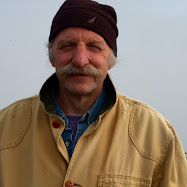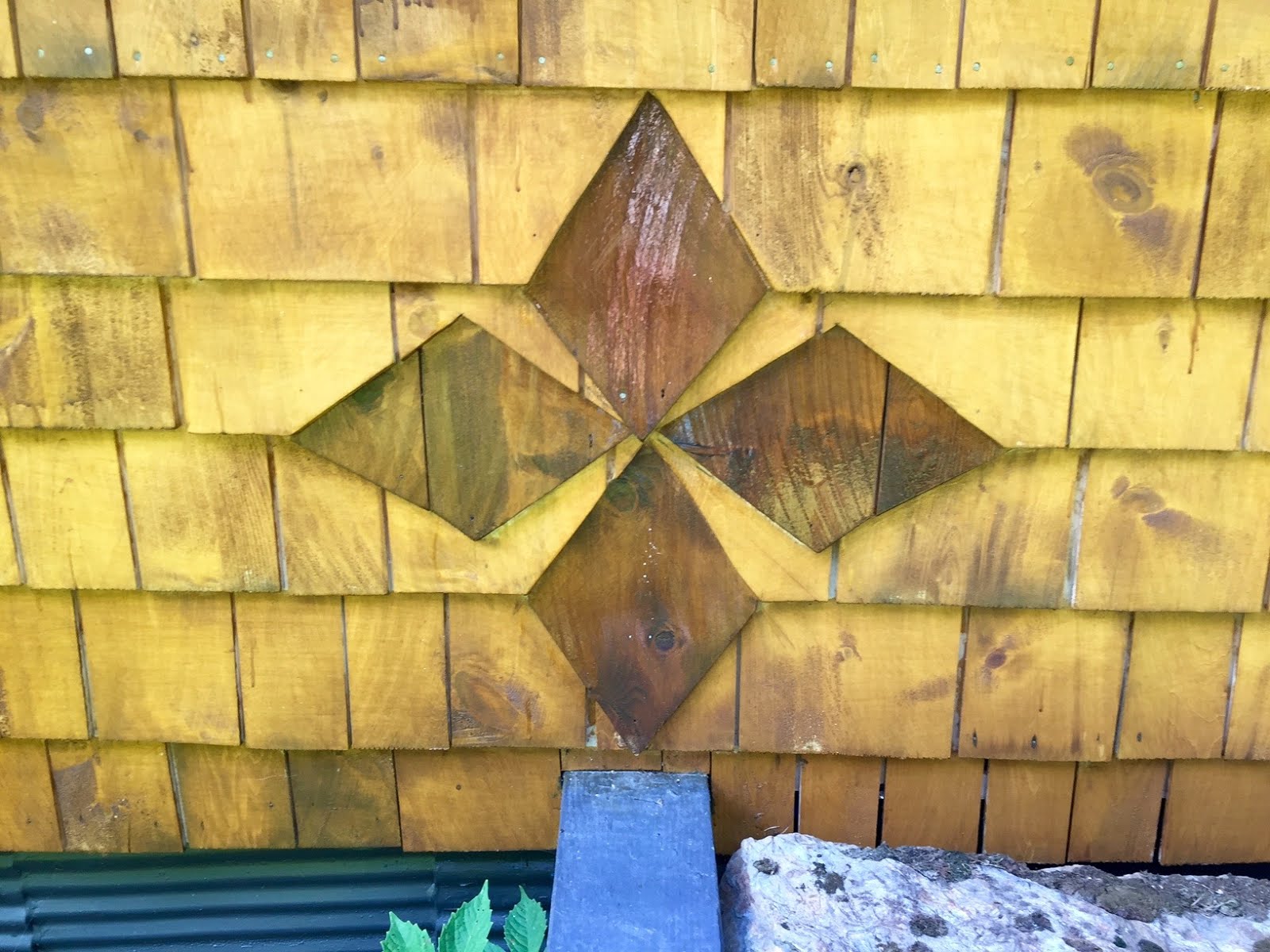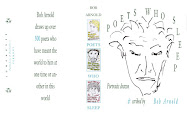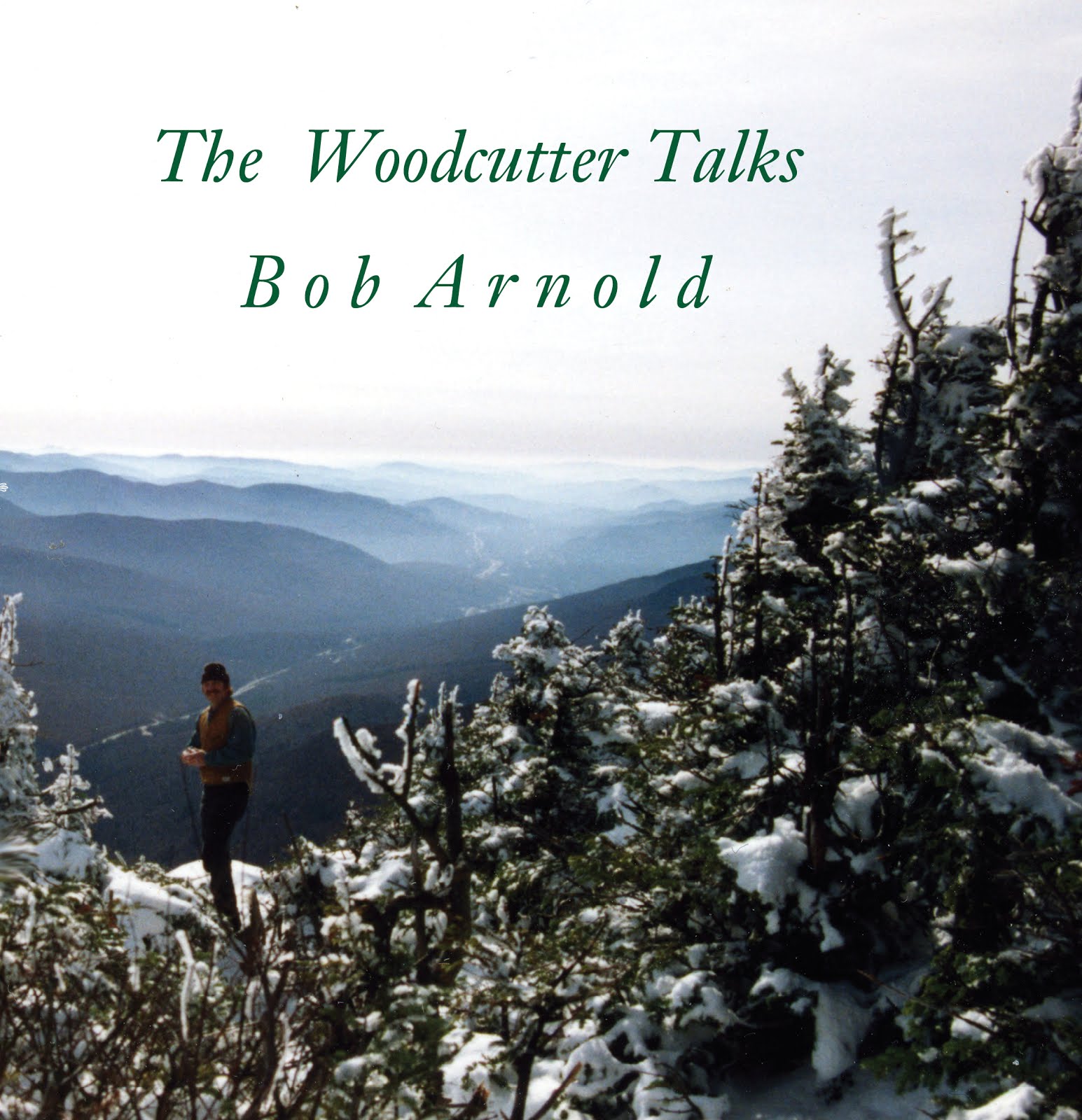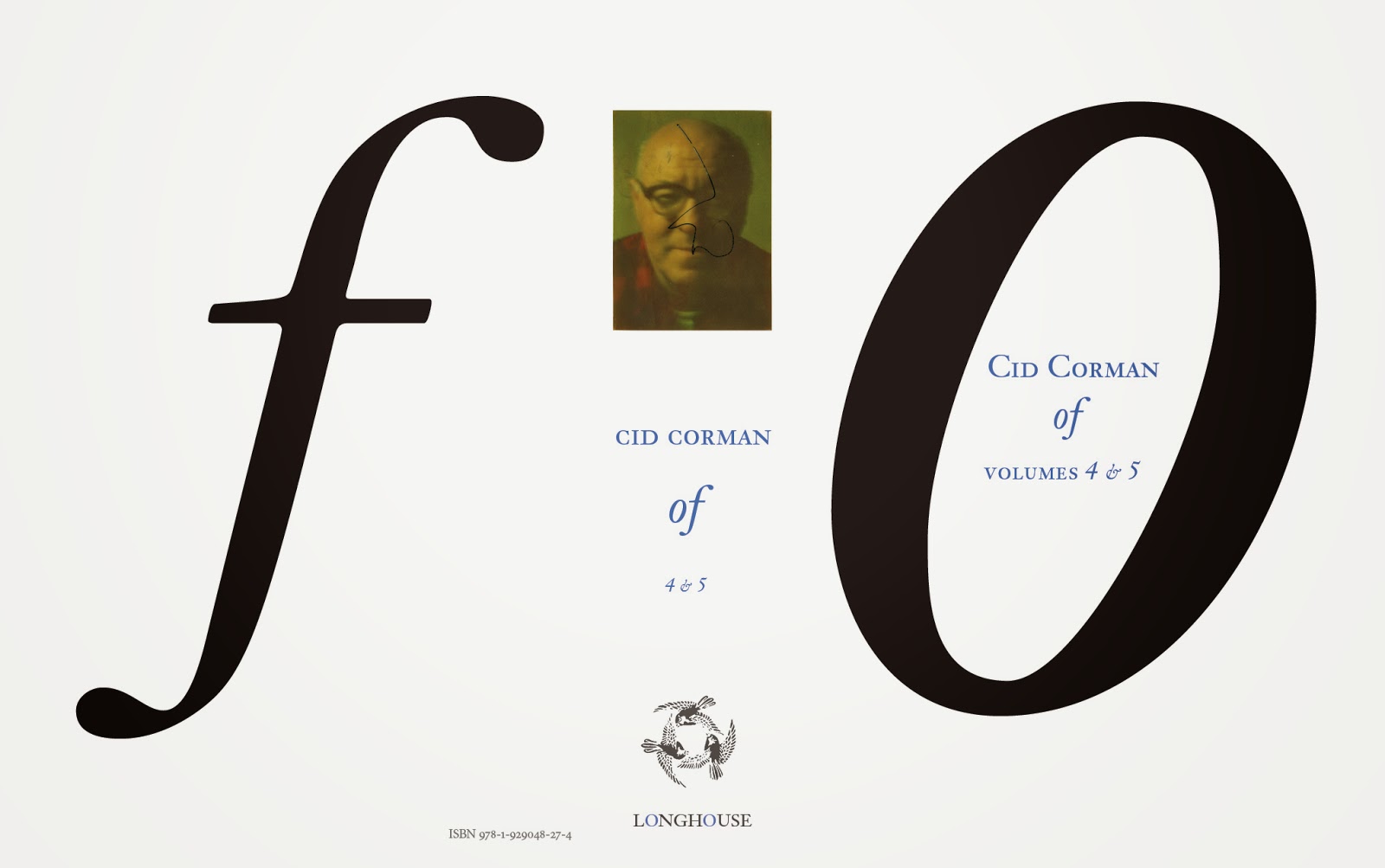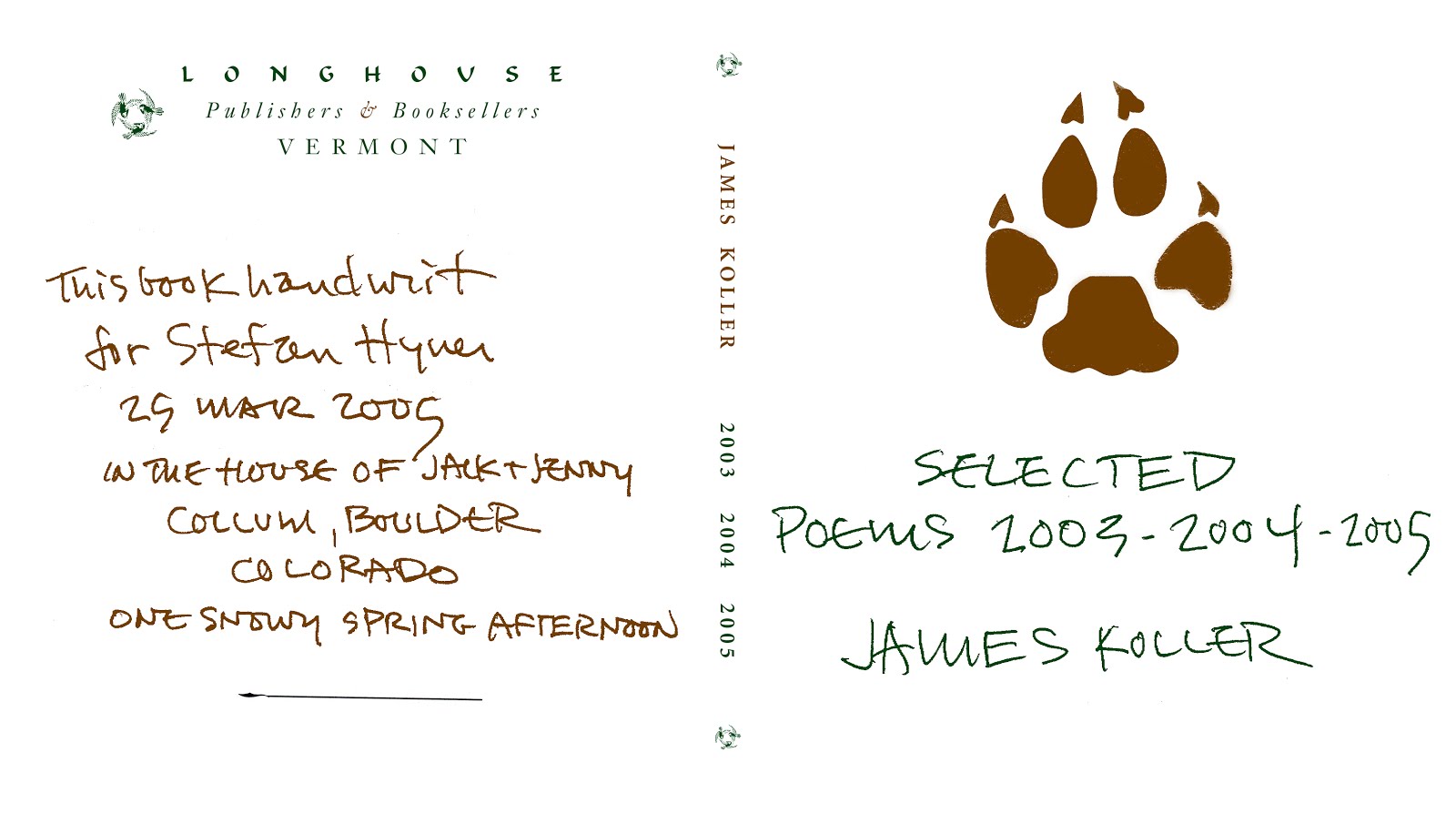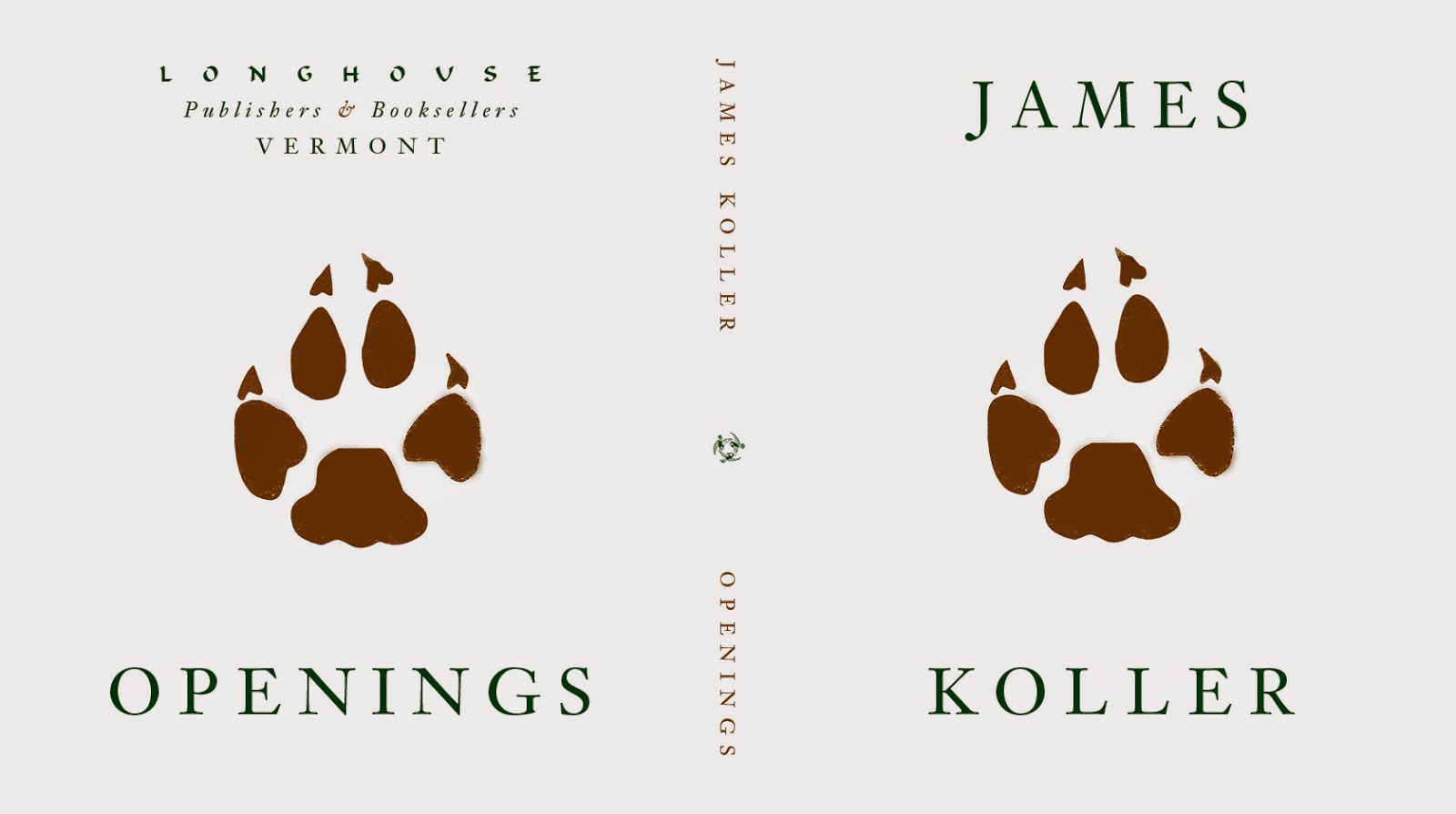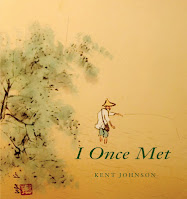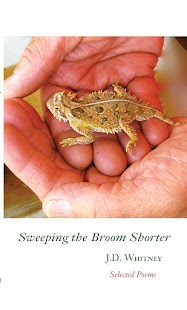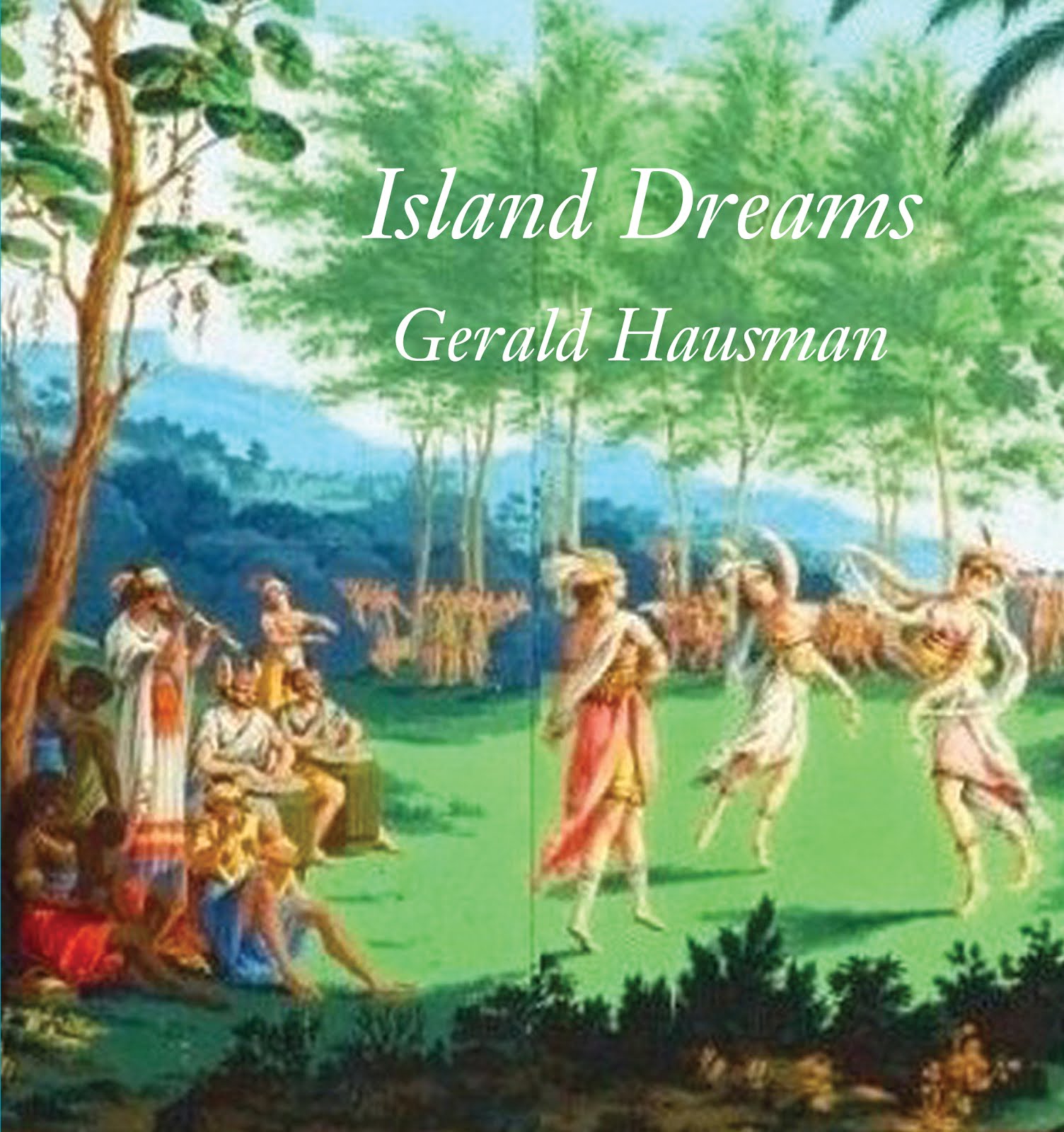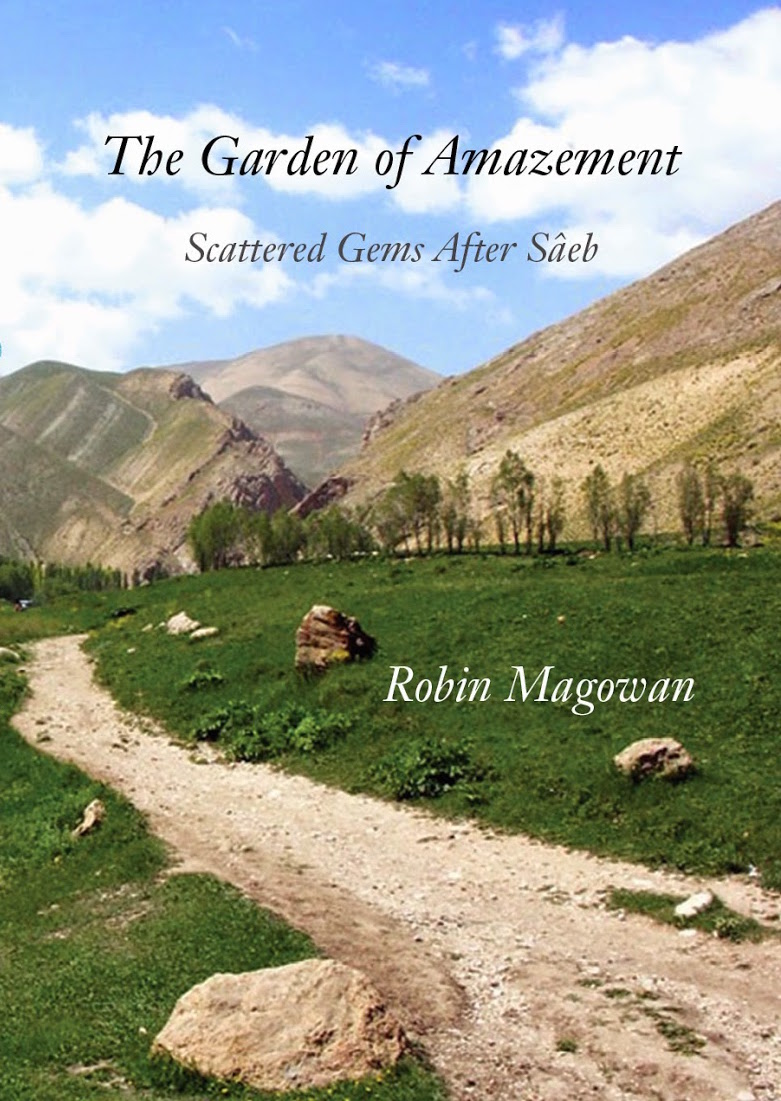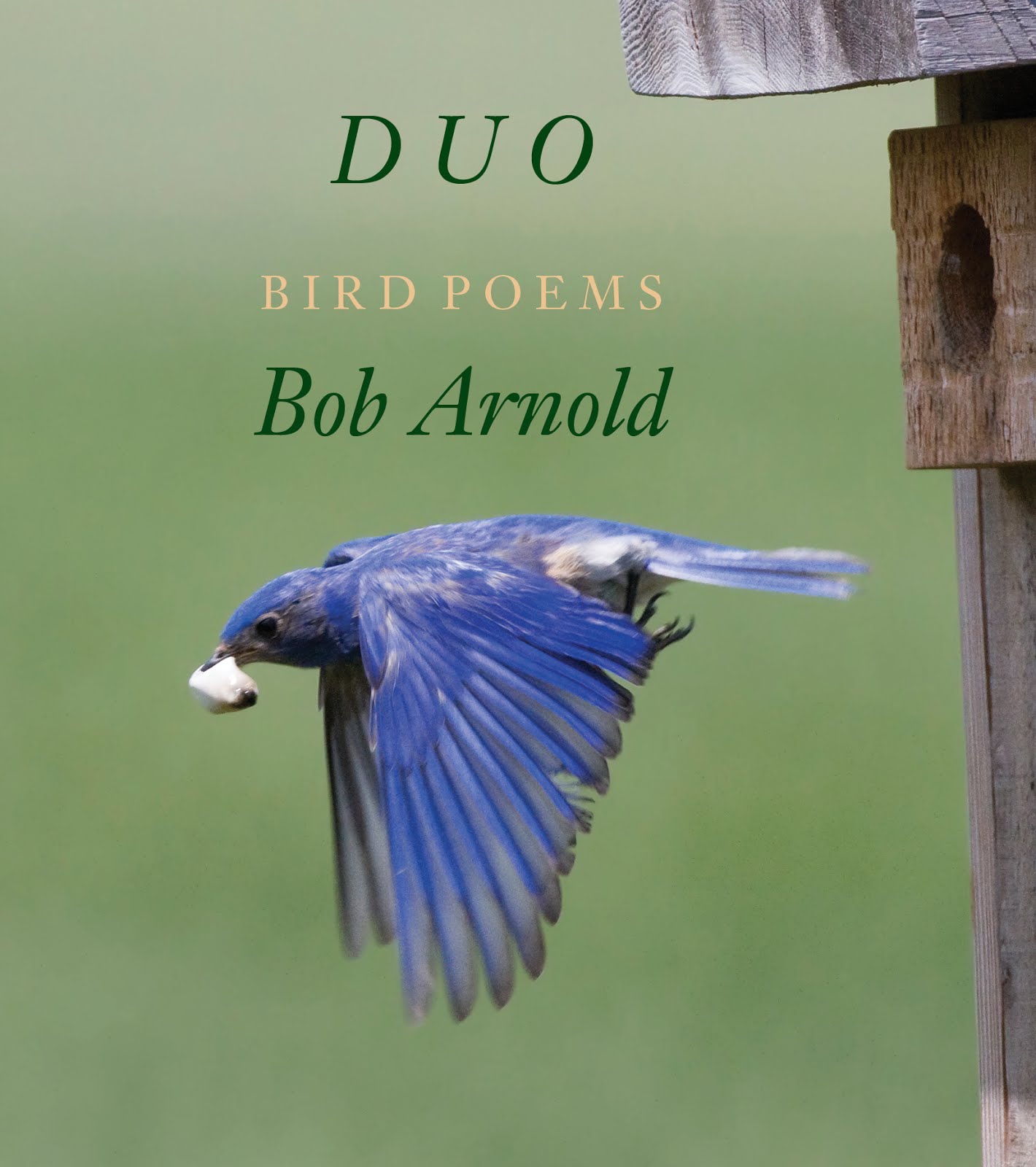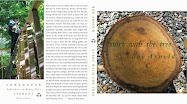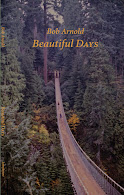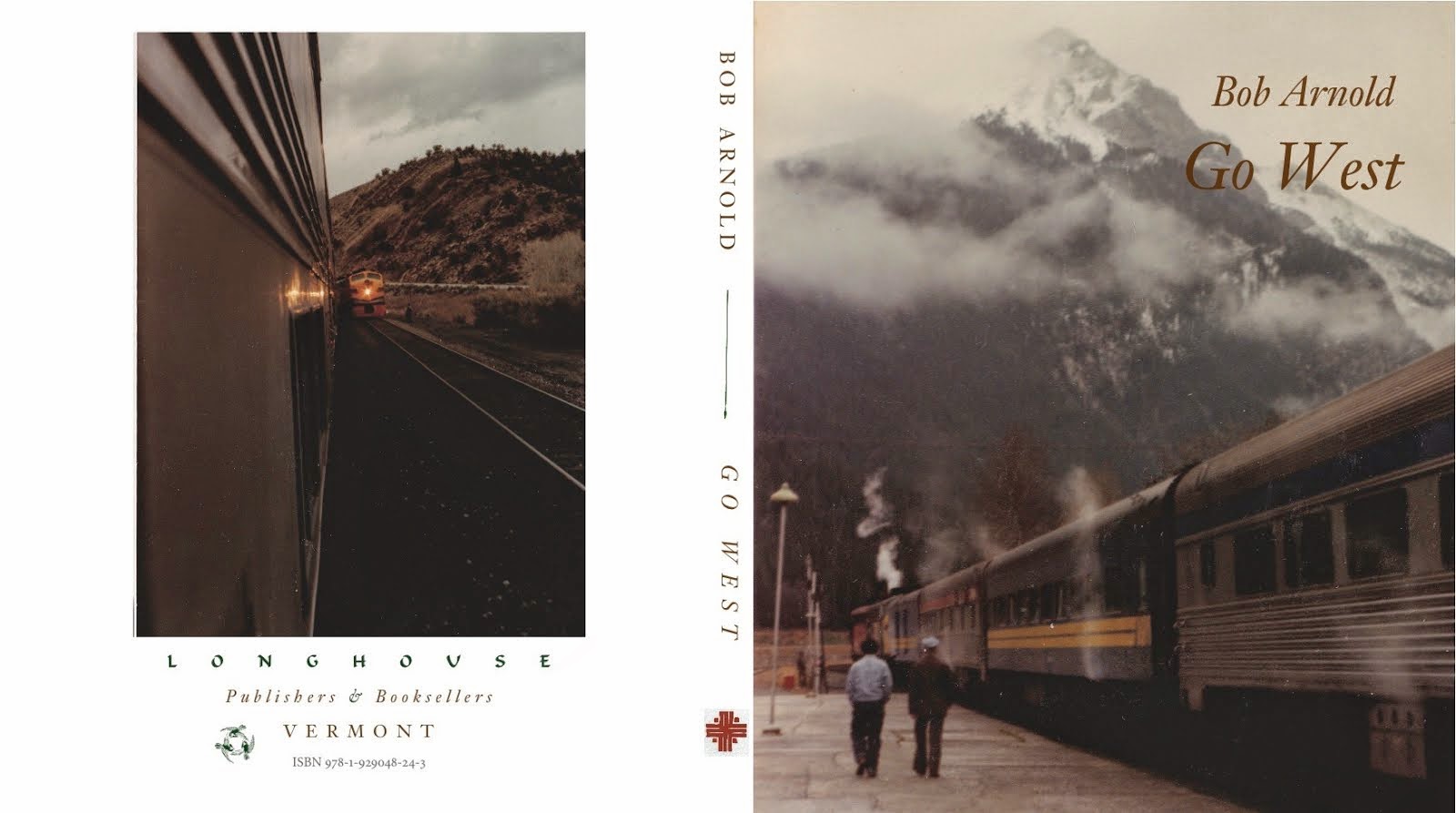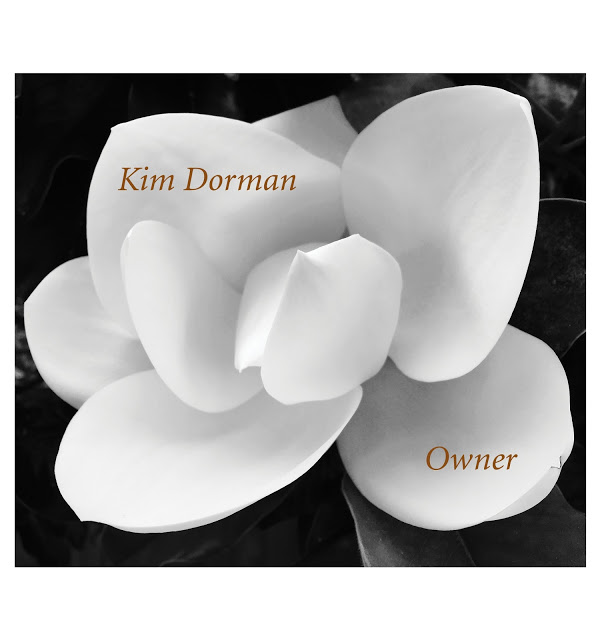
Jim Heynen
DUCKS AND BACON RIND
Well, everyone always told the boys not to feed bacon
rind to the ducks, but nobody told the boys why not.
So they took some raw bacon rind and threw it to
the ducks. A big duck swallowed it. The boys followed
that duck around, watching to see what would happen.
The duck looked all right.
But then the duck stopped, ruffled its wings, and
passed the piece of raw bacon onto the ground as
quickly as if it had laid an egg. Up waddled another
duck and swallowed the bacon rind. Soon this duck
passed it, and another duck quickly swallowed it.
This went on for a while, and the ducks learned to
follow the last duck that had swallowed the rind, waiting
for it to come out so they'd have their turn at it.
The boys watched the bacon rind being passed
around from one duck to another in this way until one
of them got an idea.
Let's tie a string to the bacon, he said.
The other boys looked surprised when they saw in
their minds what would happen.
The boys chuckled and ran to get some strong
string. After they tied this to the rind, they went back
to the ducks. The first duck swallowed it, then the second,
and so on, until the boys had all the ducks on the
string. They held it tight, pulling the bacon ring tight
against the bottom of the last duck.
Later the boys told this story to the men.
That would make a good story to tell some city
slickers, said one of the men. They're the only ones
who'd believe it.
THE BLIND PONY
The pony was blind in one eye when it was born. At
first it was easy to catch if you remembered which side
to come up on. But after a while the ear on the blind
side got strong from listening so hard for someone
sneaking up on it. That ear got so good it would hear
someone coming on the blind side farther than the
good eye could see on the other.
So the boys had to think of new ways to catch the
blind pony. First they tried trapping it in the corner of
the pasture, but the blind pony always ran with its
good eye towards the fence and its good ear towards
the boys. This way it never ran into the fence and
could still whip its head when it heard the lasso com-
ing through the air. The blind pony was a good kicker
too, and the boys learned not to try grabbing at it from
behind.
Next the boys tried hiding in trees where the pony
walked, thinking that they could drop a rope over the
head as it passed under them. But it was as if the pony
could hear that part of the tree where the leaves
weren't rustling and wouldn't walk under a tree where
one of the boys was hiding.
Finally, the boys tried coaxing the blind pony with
apples.
Why didn't we think of this before! said one of the
boys when this worked. Pretty soon the blind pony
came at the sound of the boys climbing the apple
trees. Its nose got strong too, and it could tell which
boy had an apple in his pocket.
But the boys never did saddle or bridle it. They
knew how dangerous it would be to ride a blind pony.
THE ROBIN'S NEST
Their grandfather was going to show them where a
robin had built a new nest in the grove. They walked
along, staring up into the leafy branches, when one of
the boys tripped on something. His Ouch! made
everyone's eyes look down instead of up.
Until now it had been such a quit and easy day,
with the sun and breeze mixing together like whipped
cream and sugar and spreading a sweetness over
everything and everybody. Seeing the robin's nest with
its pale blue eggs would have been what this day was
all about. And now this.
The boy who tripped sat down and grabbed his foot.
Something sharp stuck out of the ground, a rusty
pointed thing.
This is where we used to bury old equipment we
didn't need any more, said heir grandfather. That's
the tooth of an old dump rake trying to sneak back
into the world.
The boy who had tripped saw that the others were
finding the metal tooth more interesting than his mis-
ery. He got up and helped them pull on the tooth,
which was curved like a sliver of moon — and when
they pulled, it was as if they were unzipping the earth,
which split open, and plant roots frayed out from the
wound like tiny threads.
Look at that, said their grandfather. He kicked at
the dirt they had loosened. He knelt down and started
into the dirt. Look, he said, and held up what looked
like a bent horseshoe. This is called a twisted clevis, he
said.
He went back to digging. This is part of the knotter
for the binder back in the days of threshing machines.
And here's a piece of a corn shucker glove. See that little
hook that would pull the husk back? And here's the
sediment bulb off an old tractor.
The grandfather was acting like a dog going after a
hidden bone, scratching away with his strong old
hands as if digging up and naming this useless junk
was good for something.
This here is from an old harrow, he said. Those
there from a cream separator. Here's part of a stan-
chion lock. That's from a double-tree. See this? It's a
gear from a derrick for lifting the fronts of wagons off
the ground.
The boys watched and listened. What their grand-
father was doing didn't make much sense. If you're
going to throw things away and bury them, why not
forget about them and do what you were going to
so — which was find that robin's nest? But they waited,
and after a while they could see that their grandfather
must have gotten what he needed. He shoved dirt
back over what he had dug up, brushed off his dirty
hands, and looked up into the tree branches with
them.
It sure is a nice day, he said. Perfect for finding a
robin's nest. Now be quiet. We don't want to scare her
away.
from The Boys' House
new & selected stories
(Minnesota Historical Society Press)
Well, everyone always told the boys not to feed bacon
rind to the ducks, but nobody told the boys why not.
So they took some raw bacon rind and threw it to
the ducks. A big duck swallowed it. The boys followed
that duck around, watching to see what would happen.
The duck looked all right.
But then the duck stopped, ruffled its wings, and
passed the piece of raw bacon onto the ground as
quickly as if it had laid an egg. Up waddled another
duck and swallowed the bacon rind. Soon this duck
passed it, and another duck quickly swallowed it.
This went on for a while, and the ducks learned to
follow the last duck that had swallowed the rind, waiting
for it to come out so they'd have their turn at it.
The boys watched the bacon rind being passed
around from one duck to another in this way until one
of them got an idea.
Let's tie a string to the bacon, he said.
The other boys looked surprised when they saw in
their minds what would happen.
The boys chuckled and ran to get some strong
string. After they tied this to the rind, they went back
to the ducks. The first duck swallowed it, then the second,
and so on, until the boys had all the ducks on the
string. They held it tight, pulling the bacon ring tight
against the bottom of the last duck.
Later the boys told this story to the men.
That would make a good story to tell some city
slickers, said one of the men. They're the only ones
who'd believe it.
THE BLIND PONY
The pony was blind in one eye when it was born. At
first it was easy to catch if you remembered which side
to come up on. But after a while the ear on the blind
side got strong from listening so hard for someone
sneaking up on it. That ear got so good it would hear
someone coming on the blind side farther than the
good eye could see on the other.
So the boys had to think of new ways to catch the
blind pony. First they tried trapping it in the corner of
the pasture, but the blind pony always ran with its
good eye towards the fence and its good ear towards
the boys. This way it never ran into the fence and
could still whip its head when it heard the lasso com-
ing through the air. The blind pony was a good kicker
too, and the boys learned not to try grabbing at it from
behind.
Next the boys tried hiding in trees where the pony
walked, thinking that they could drop a rope over the
head as it passed under them. But it was as if the pony
could hear that part of the tree where the leaves
weren't rustling and wouldn't walk under a tree where
one of the boys was hiding.
Finally, the boys tried coaxing the blind pony with
apples.
Why didn't we think of this before! said one of the
boys when this worked. Pretty soon the blind pony
came at the sound of the boys climbing the apple
trees. Its nose got strong too, and it could tell which
boy had an apple in his pocket.
But the boys never did saddle or bridle it. They
knew how dangerous it would be to ride a blind pony.
THE ROBIN'S NEST
Their grandfather was going to show them where a
robin had built a new nest in the grove. They walked
along, staring up into the leafy branches, when one of
the boys tripped on something. His Ouch! made
everyone's eyes look down instead of up.
Until now it had been such a quit and easy day,
with the sun and breeze mixing together like whipped
cream and sugar and spreading a sweetness over
everything and everybody. Seeing the robin's nest with
its pale blue eggs would have been what this day was
all about. And now this.
The boy who tripped sat down and grabbed his foot.
Something sharp stuck out of the ground, a rusty
pointed thing.
This is where we used to bury old equipment we
didn't need any more, said heir grandfather. That's
the tooth of an old dump rake trying to sneak back
into the world.
The boy who had tripped saw that the others were
finding the metal tooth more interesting than his mis-
ery. He got up and helped them pull on the tooth,
which was curved like a sliver of moon — and when
they pulled, it was as if they were unzipping the earth,
which split open, and plant roots frayed out from the
wound like tiny threads.
Look at that, said their grandfather. He kicked at
the dirt they had loosened. He knelt down and started
into the dirt. Look, he said, and held up what looked
like a bent horseshoe. This is called a twisted clevis, he
said.
He went back to digging. This is part of the knotter
for the binder back in the days of threshing machines.
And here's a piece of a corn shucker glove. See that little
hook that would pull the husk back? And here's the
sediment bulb off an old tractor.
The grandfather was acting like a dog going after a
hidden bone, scratching away with his strong old
hands as if digging up and naming this useless junk
was good for something.
This here is from an old harrow, he said. Those
there from a cream separator. Here's part of a stan-
chion lock. That's from a double-tree. See this? It's a
gear from a derrick for lifting the fronts of wagons off
the ground.
The boys watched and listened. What their grand-
father was doing didn't make much sense. If you're
going to throw things away and bury them, why not
forget about them and do what you were going to
so — which was find that robin's nest? But they waited,
and after a while they could see that their grandfather
must have gotten what he needed. He shoved dirt
back over what he had dug up, brushed off his dirty
hands, and looked up into the tree branches with
them.
It sure is a nice day, he said. Perfect for finding a
robin's nest. Now be quiet. We don't want to scare her
away.
from The Boys' House
new & selected stories
(Minnesota Historical Society Press)


Born on a farm in northwest Iowa, Jim Heynen attended one of Iowa's last one-room schoolhouses before going on to high school at Western Christian in Hull, Iowa.
read more:
http://www.stolaf.edu/depts/english/faculty/heynen.html


